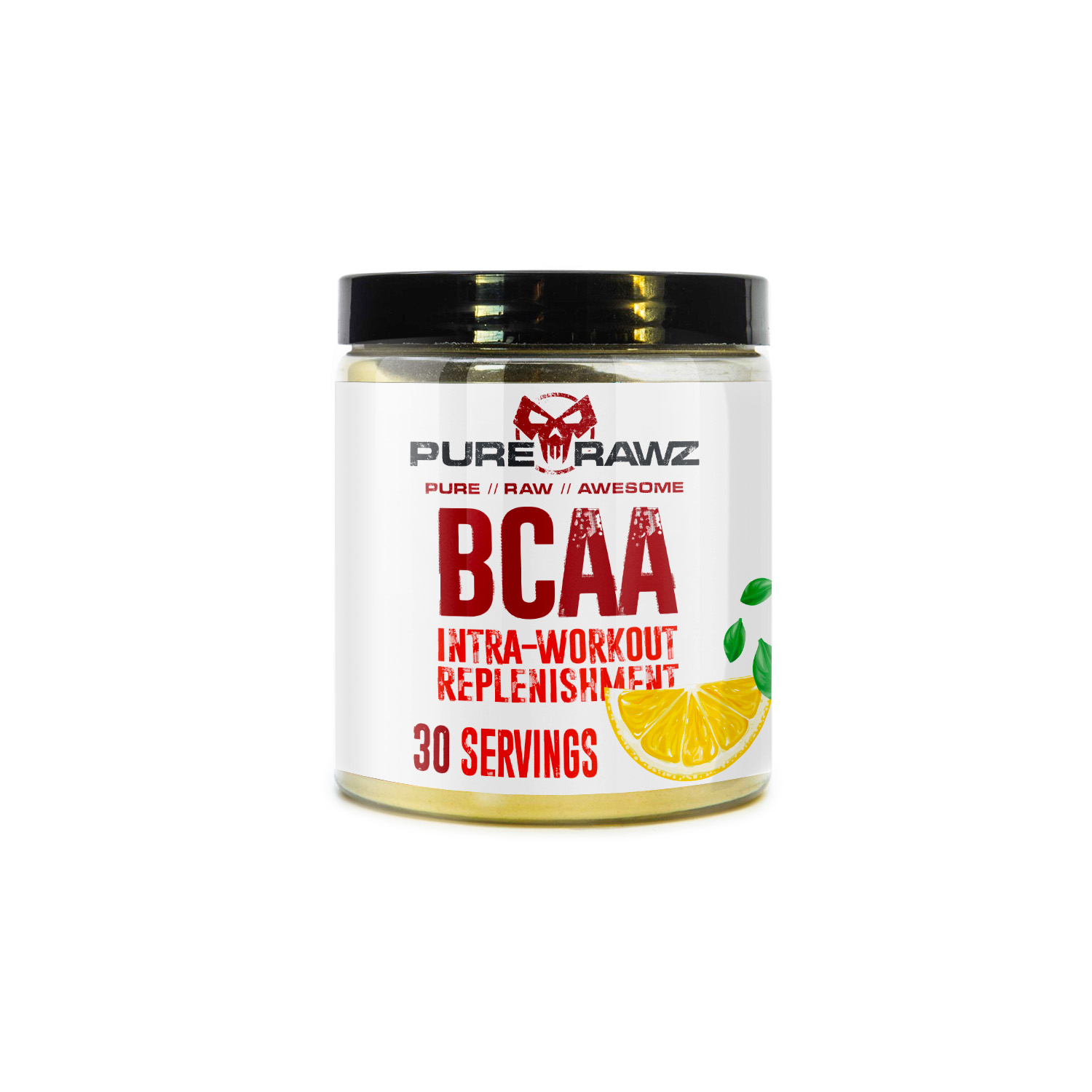BCAA
$62.08
Earn 62 points upon purchasing this product.
Enjoy 24/7 customer support, 1st & 3rd party verified 99% purity, and free shipping on orders over $100!
Description
What is BCAA?
BCAA stands for “Branched-Chain Amino Acids.” BCAAs are recognized to be the essential aliphatic amino acids leucine, isoleucine, and valine. The “branched” designation refers to a side chain with a branch off the main carbon molecule backbone.
In proteins, BCAAs are abundant in skeletal muscle. These are widely used as model nutrients in metabolism and cell-signaling research.
What’s the mechanism of action of BCAA?
Below are the key mechanisms of BCAA that are being explored in contemporary research studies:
- mTORC1 activation & translational control (especially via leucine): Leucine is a potent nutrient signal. It is believed to activate mTORC1 and downstream effectors. It can also modulate protein translation and cellular pathways.
- Competition at the blood-brain barrier (central fatigue model): As large neutral amino acids, BCAAs may share LAT1/system L transport with tryptophan and tyrosine. Within these competitive dynamics, shifts may occur. These could influence central neurotransmitter precursors in exercise and fatigue paradigms.
- Catabolism via BCKDH complex: When BCAA undergoes oxidation, it is regulated by the branched-chain α-keto acid dehydrogenase complex and its kinase. This action links BCAA to energy and metabolic signaling.
What are the potential benefits of BCAA?
Important: The following are study findings from in vitro, animal, and human literature. This information is aimed to guide research design only; they are not a product claim or directions for use.
1. Supports protein synthesis signaling
Leucine is purported to stimulate mTORC1. It is also found to increase markers of muscle protein synthesis in vivo. Several reviews are consistent in describing leucine as a primary BCAA driver for translational control. [R] [R]
2. May reduce exercise-induced muscle damage/soreness (EIMD models)
Randomized trials and meta-analyses with BCAA protocols report reductions in CK and perceived soreness. These effects are observed after specific damaging exercise. However, these still vary by design and comparator. [R] [R]Â
3. May modulate central fatigue during prolonged exercise
Specific controlled studies related to BCAA show altered serotonin dynamics and lower plasma serotonin. This outcome is observed following an exhaustive exercise and when BCAAs were administered. It is also consistent with the tryptophan/BCAA competition model. [R] [R]
4. May attenuate protein degradation pathways
Preclinical and translational work indicates that BCAAs may suppress components of the ubiquitin-proteasome system, even in autophagy signals. The action potentially preserves muscle mass in catabolic conditions.[R] [R]
5. Immunometabolic and clinical research signals
One clinical study involved models exhibiting symptoms of cirrhosis. BCAA granules resulted in improved phagocytic activity. Such an area of research remains active and evolving. [R]
Current Research On BCAA
BCAA spans molecular, physiological, and clinical domains:
- Metabolic health & disease: Elevated or restricted BCAA states are being investigated among metabolic disorders. Some recent reviews dissect signaling and disease associations. [R] [R]
- Muscle biology: Some contemporary reviews detail BCAA catabolism in skeletal muscle. This also involves BCAA’s ability to cross-talk with mTORC-1, autophagy, and proteostasis. [R]
- Neurobiology/transport: Other research recognized that LAT1-mediated and amino-acid competition at the BBB may be relevant to fatigue or neurochemistry models. [R]
What is the best place to buy BCAA?
For laboratory research only, purchase from suppliers that provide:
- Batch-specific Certificates of Analysis (CoA) for identification and purity purposes
- Transparent testing practices, such as independent/third-party lab tests
- Clear research-only labels and instructions
PureRawz checks all the boxes that characterize a reliable online supplier of research compounds such as BCAA. In fact, we maintain a public COA portal for our clients reference. We also sell materials that are strictly sold for scientific research purposes only, which include BCAA.
Is BCAA legal?
In the United States, amino acids are recognized as “dietary ingredients” under the Dietary Supplement Health and Education Act (DHSEA). They are also classified as research substances. BCAAs must be purchased for research studies only.
It is the responsibility of the researchers to check local requirements for any purchased research materials.
FAQs
What is BCAA used for in research?
BCAAs are frequently investigated for the following research purposes:
- Probe mTORC1 nutrient signaling and translation initiation
- Model exercise recovery, EIMD biomarkers, and performance-related mechanisms
- Study central fatigue via the LTA1 competition
Which amino acids are classified as BCAA?
The three branched-chain amino acids (BCAAs) are leucine, isoleucine, and valine. They are termed “branched-chain” due to their unique aliphatic side-chain structure.
What is the chemical structure of BCAA?
BCAAs are α"-amino acids with branched aliphatic side chains:
- L-leucine (C6H13NO2)
- L-isoleucine (C6H13NO2)
- L-valine (C5H11NO2)
Can BCAA be used for human consumption?
No. This PureRawz product is supplied strictly for laboratory and research use only. It is not approved for therapeutic purposes.
IMPORTANT: BCAAs offered by PureRawz are supplied strictly for laboratory research purposes alone. They are not intended for human or animal consumption, medical use, or diagnostic applications. It is the researcher’s responsibility to handle this material in compliance with all applicable laws, regulations, and experimental safety protocols.








Antony Bird –
So glad I finally found this. Already seeing some results!